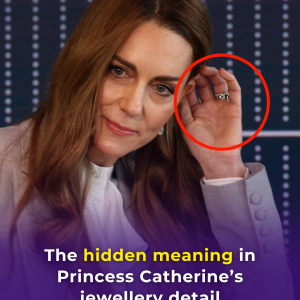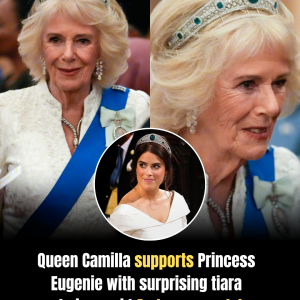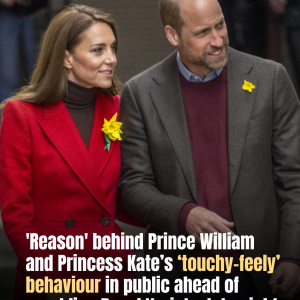King Charles has hundreds of people working for him and the wider Royal Household, though his reputation as an employer came under heavy fire just days after Queen Elizabeth II’s death. At the time, redundancies were announced in the middle of the mourning period, leaving many staff shocked and upset.
On the Monday following the late Queen’s funeral in 2022, around 100 Clarence House employees were handed redundancy notices. Some of them had worked for Charles for decades and were, at that very moment, working long hours to help ensure a smooth transition as he ascended the throne. Departments affected included private secretaries, the communications team, household staff, and finance.

In a letter obtained by The Guardian, Sir Clive Alderton, Charles’s private secretary, explained that the Clarence House household would be closed. “The portfolio of work previously undertaken in this household supporting the former Prince of Wales’s personal interests, former activities, and household operations will no longer be carried out,” the letter read. While those who provided direct support to Charles and Camilla were retained, many others suddenly faced losing their jobs.
The move sparked fury. “They’re working round the clock, motivated by their devotion to Charles and the Queen, and then get these emails,” one insider told reporters at the time. “There has been anger, outrage and tears.”
A Different Picture Behind Closed Doors

The controversy cemented a view among some that Charles was a difficult boss. But several years later, a different perspective has emerged. Speaking to The Daily Beast, one of Charles’s former employees described the monarch as “extremely well prepared” and a professional who demands competence because he lives by those same standards.
“He doesn’t suffer fools,” the ex-staffer admitted, “but in fairness to him, as anyone who has actually worked with him will tell you, he himself is always extremely well prepared, well-read on the subject matter of people he meets and is working with, diligent and respectful of expertise.”
This account suggests that while Charles may expect a lot from those around him, he also leads by example. It paints a picture of a king under enormous pressure — juggling one of the most high-profile roles in the world while continuing his cancer treatment — but also one who commands loyalty from staff who meet his high bar for professionalism.
So is Charles truly a “bad employer,” as some claimed in the wake of the redundancies? The truth may be more complicated. For some, the abrupt job cuts remain a painful memory. For others, working for the King is still a dream — even if it means cooking his breakfast, fixing his clothes, or answering endless questions from the public.




